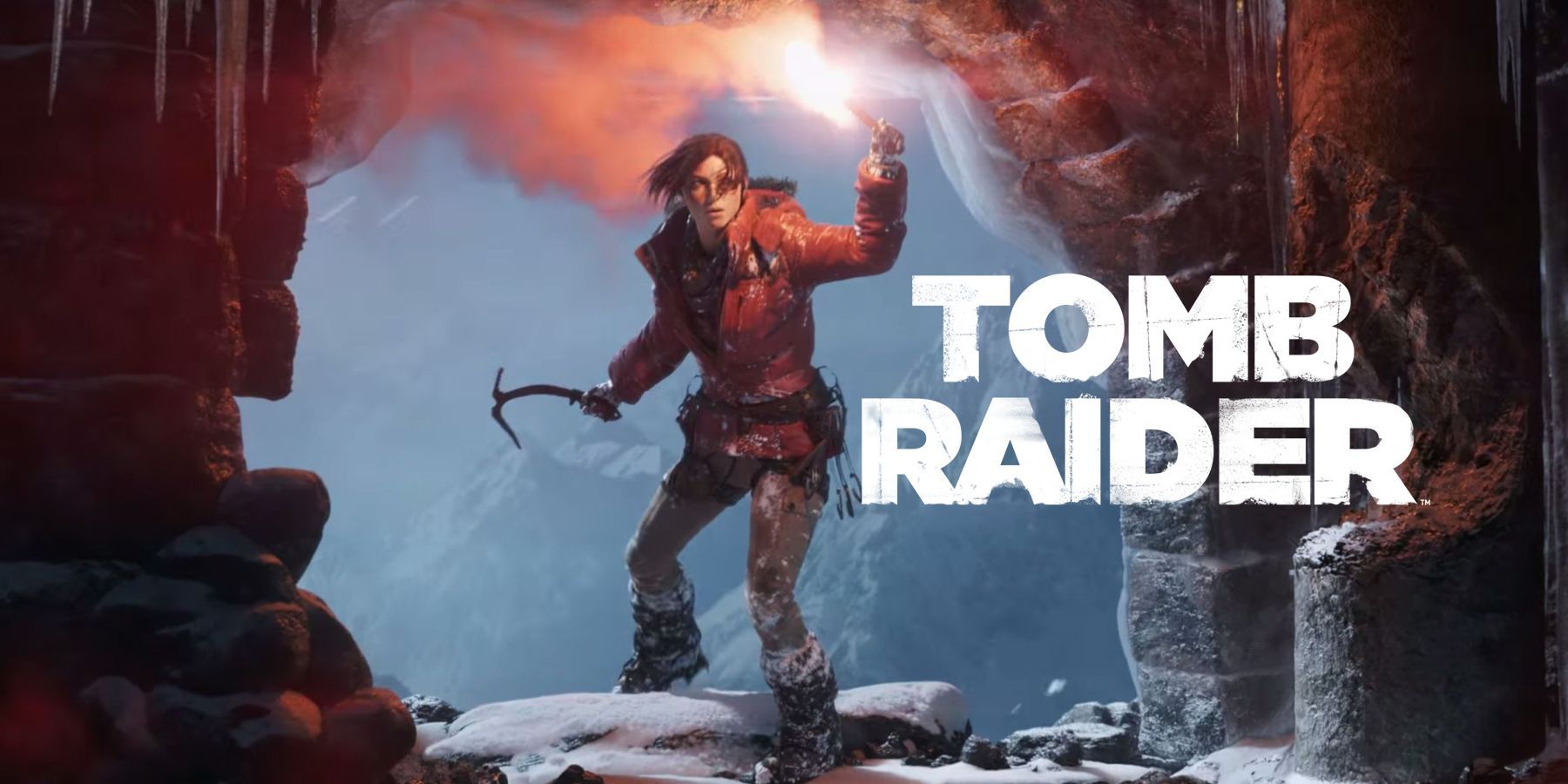
Unveiling the Controversy: Tomb Raider 1-3 Remastered Collection Sparks Discussion

Explore the recent controversy surrounding the Tomb Raider 1-3 Remastered collection and the warning that accompanies it, shedding light on offensive content from the original trilogy.
The Legacy of Tomb Raider: A Journey Through Time
Embark on a nostalgic journey back to the roots of the iconic action-adventure franchise, Tomb Raider. The upcoming Tomb Raider 1-3 Remastered collection is set to release on February 14, offering a revamped experience for fans on PC and consoles. Developed by Aspyr Media, in collaboration with Crystal Dynamics, this collection pays homage to the original trilogy that captured the hearts of gamers worldwide.
From the early days of Core Design's creations to the present reign of Crystal Dynamics, the evolution of Tomb Raider has been a rollercoaster of developer transitions and technological advancements. While the series has seen multiple hands shaping its destiny, the essence of Lara Croft's adventures remains a constant source of intrigue and excitement for players.
Unpacking the Content Warning: A Closer Look
Recently, the gaming community was taken aback by a content warning accompanying the Tomb Raider 1-3 Remastered collection. The cautionary message, issued by Crystal Dynamics, highlights offensive depictions present in the original trilogy. Rooted in racial and ethnic prejudices, these depictions have sparked discussions on cultural sensitivity and historical context within the gaming industry.
While the warning does not provide specific examples, it alludes to portrayals of people that contradict modern values and ethical standards. The decision to retain the controversial content in its unaltered form aims to prompt reflection on the impact of outdated stereotypes and the importance of evolving narratives in gaming.
Exploring the Allegations: Dissecting the South Pacific Section
One particular segment of Tomb Raider 3 has come under scrutiny in light of the content warning: the South Pacific section. Within this area, players encounter Tribesmen depicted with traditional weapons and behaviors that suggest cannibalistic tendencies. The portrayal of these characters has raised concerns about perpetuating harmful stereotypes and misrepresentations of tribal communities.
The controversy surrounding the South Pacific levels in Tomb Raider 3 has reignited conversations about cultural sensitivity in video games. The debate extends beyond mere gameplay mechanics, delving into the ethical implications of storytelling and character representation in a medium that reaches millions of players worldwide.













